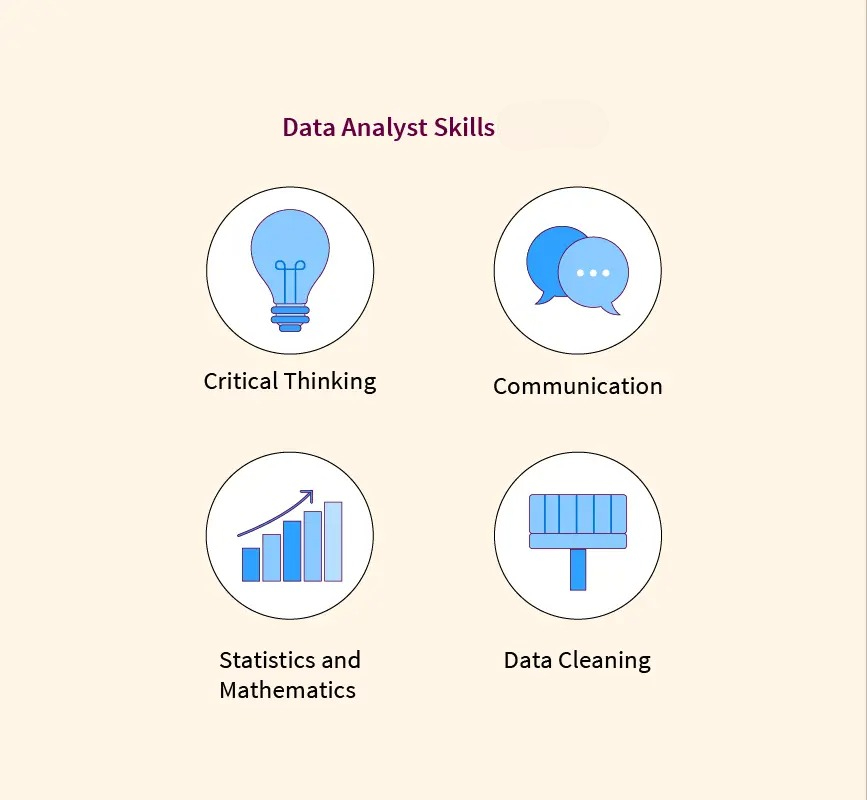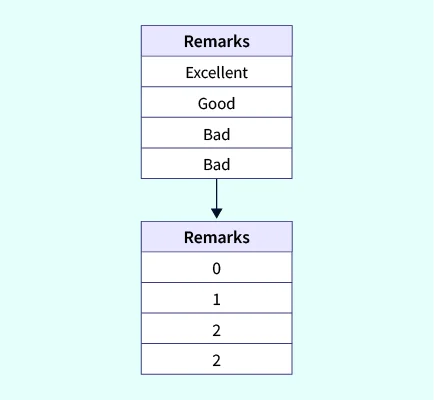Big Data refers to the massive volumes of structured and unstructured data generated daily, which traditional systems cannot efficiently process. Its growing importance lies in its ability to transform industries by uncovering actionable insights, enabling businesses to make informed decisions, optimize operations, and drive innovation in a data-driven world.
What is Big Data?
Big Data refers to extremely large and complex datasets that cannot be effectively processed or managed using traditional data processing tools. These datasets often come from diverse sources and grow at unprecedented rates, making them challenging to analyze but also highly valuable for generating insights.
Big Data is typically defined by the 3Vs:
- Volume: The massive size of data generated from sources like social media, IoT devices, and business transactions. For example, platforms like Facebook generate petabytes of data daily.
- Velocity: The speed at which data is produced and needs to be processed. For instance, sensors in IoT devices continuously transmit real-time data.
- Variety: The diverse types of data, including structured data (databases), unstructured data (videos, images, emails), and semi-structured data (JSON, XML).
Examples of Big Data Sources:
- Social Media: Platforms like Twitter and Instagram generate unstructured data in the form of posts, likes, and comments.
- IoT Devices: Sensors in smart homes or wearable devices collect and transmit continuous streams of data.
- Transactional Data: E-commerce platforms and financial institutions generate structured transactional data like purchase histories and payment records.
General Benefits of Big Data
1. Improved Decision-Making
Big Data enables organizations to make informed, data-driven decisions by analyzing vast and diverse datasets. By uncovering trends, patterns, and anomalies, businesses can better understand their operations and markets, enabling them to react quickly to changes and make strategic choices.
Example: E-commerce companies leverage customer purchase data to provide personalized product recommendations. Additionally, financial institutions use Big Data analytics to predict market trends, helping them make investment decisions and mitigate risks.
2. Enhanced Customer Experiences
Big Data plays a pivotal role in understanding and improving customer experiences. By analyzing customer behavior, preferences, and feedback, businesses can create tailored experiences that increase satisfaction and build loyalty. Personalized interactions help improve engagement across all customer touchpoints.
Example: Retail companies use analytics to offer customized product suggestions, loyalty programs, and targeted promotions, creating seamless and engaging shopping experiences. Streaming platforms like Netflix also utilize Big Data to recommend shows and movies based on user preferences.
3. Cost Optimization
With Big Data, organizations can identify inefficiencies in their processes, reduce waste, and optimize costs. By analyzing operational data, businesses can streamline workflows and allocate resources more effectively.
Example: Manufacturing companies utilize predictive maintenance analytics to anticipate machine breakdowns and reduce downtime. Similarly, logistics firms optimize delivery routes to save on fuel and time.
4. Innovation and Product Development
Big Data drives innovation by uncovering insights into customer needs and market trends. Organizations can use these insights to develop new products, improve existing ones, and introduce features that resonate with their audience.
Example: Technology companies analyze user behavior data to create AI-powered tools and smart devices, ensuring products remain relevant in a competitive market.
Big Data is not only about analytics but also about transforming businesses, helping them achieve efficiency, customer satisfaction, and growth.
Sector-Specific Benefits of Big Data
Big Data’s transformative impact is evident across multiple industries, enabling organizations to harness insights for improved efficiency, innovation, and decision-making. Below are some key sector-specific benefits.
1. Healthcare
In the healthcare industry, Big Data analytics significantly enhances patient care by enabling predictive analytics and early diagnosis. By analyzing patient records, symptoms, and historical data, healthcare providers can detect illnesses at earlier stages and improve treatment outcomes.
Example: AI-powered Big Data tools are used to identify patients at risk for chronic diseases, such as diabetes or heart conditions, allowing for timely interventions and personalized care plans.
2. Finance
The finance sector benefits from Big Data’s ability to enhance fraud detection and risk management. Real-time analytics monitor transactions to identify unusual patterns, reducing fraud and mitigating risks. Additionally, financial institutions use Big Data for credit scoring and investment insights.
Example: Banks analyze transactional data to detect anomalies, such as multiple large withdrawals, and flag potentially fraudulent activities.
3. Retail and E-Commerce
Big Data drives personalized marketing and improves inventory management in retail and e-commerce. Businesses use analytics to predict customer preferences, optimize stock levels, and tailor marketing strategies for maximum engagement.
Example: Amazon’s recommendation engine uses Big Data to analyze purchase histories and browsing patterns, providing personalized product suggestions that boost sales and customer satisfaction.
4. Education
Big Data analytics is transforming education by enabling personalized learning experiences. Adaptive learning platforms analyze student performance data to tailor educational content, ensuring more effective and engaging learning.
Example: Edtech platforms like Khan Academy use data to recommend customized lessons and exercises based on each student’s progress and weaknesses.
5. Supply Chain and Logistics
In supply chain management, Big Data helps optimize routing, improve inventory management, and enhance operational efficiency. Companies can track shipments in real time, forecast demand, and minimize delays.
Example: Logistics companies like FedEx use Big Data to optimize delivery routes, reduce transportation costs, and ensure timely deliveries.
6. Government
Governments leverage Big Data to improve public services and policy-making. By analyzing data on urban traffic patterns, public health, and crime rates, they can address societal challenges effectively.
Example: Big Data analytics is used to monitor traffic congestion in cities, enabling better traffic management systems and reducing commute times for residents.
Challenges Addressed by Big Data
Big Data has emerged as a critical tool for addressing some of the most pressing challenges faced by industries today.
- Handling Data Overload: Organizations generate vast amounts of data daily, making it challenging to process and derive meaningful insights. Big Data tools and technologies enable businesses to efficiently handle this data overload by organizing, analyzing, and extracting actionable information from massive datasets. This ensures that valuable insights are not lost in the noise.
- Predictive Analytics: Big Data plays a vital role in predictive analytics, helping organizations forecast future trends and plan proactively. By analyzing historical data and identifying patterns, businesses can predict customer behavior, market demands, or equipment failures. For example, predictive analytics in healthcare can identify patients at risk of chronic diseases, enabling early intervention and better treatment outcomes.
- Real-Time Decision Making: In fast-paced industries, reacting swiftly to changing conditions is essential. Big Data facilitates real-time decision-making by processing data as it is generated. This allows industries like finance to detect and prevent fraud in real time, while logistics companies can adjust delivery routes dynamically to avoid delays and optimize operations.
Read More:


